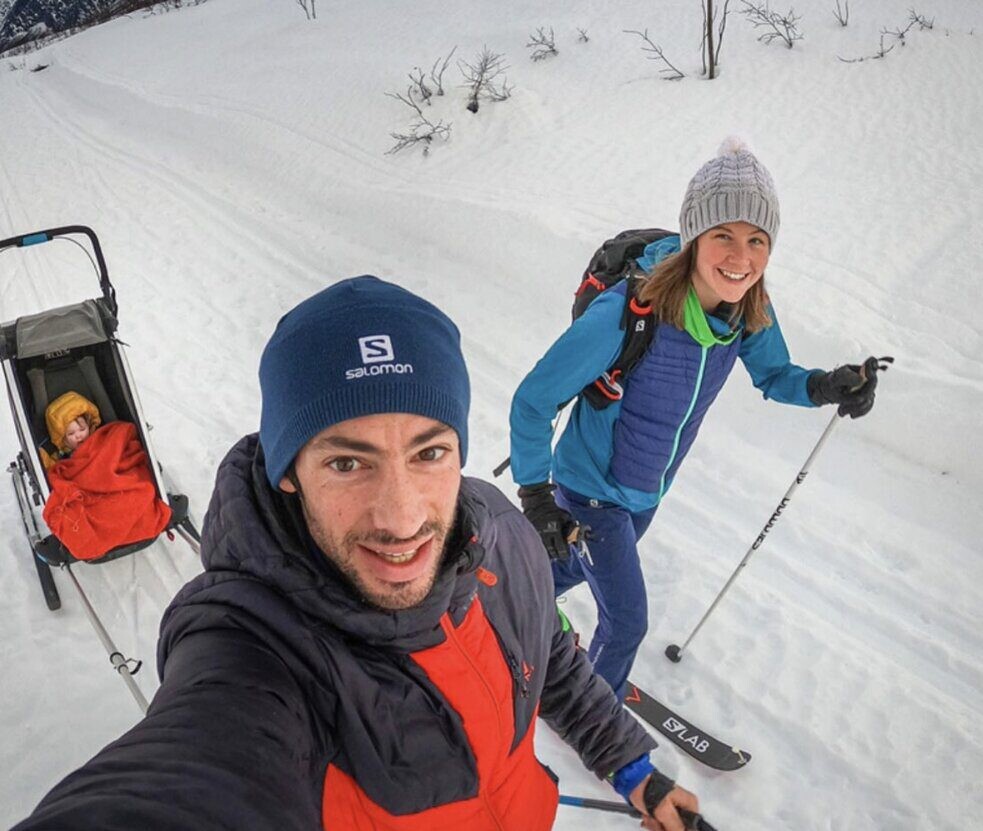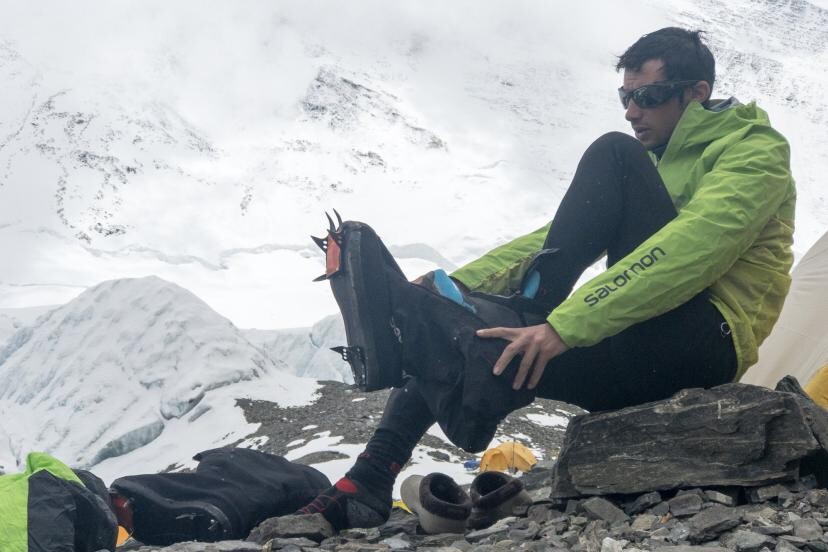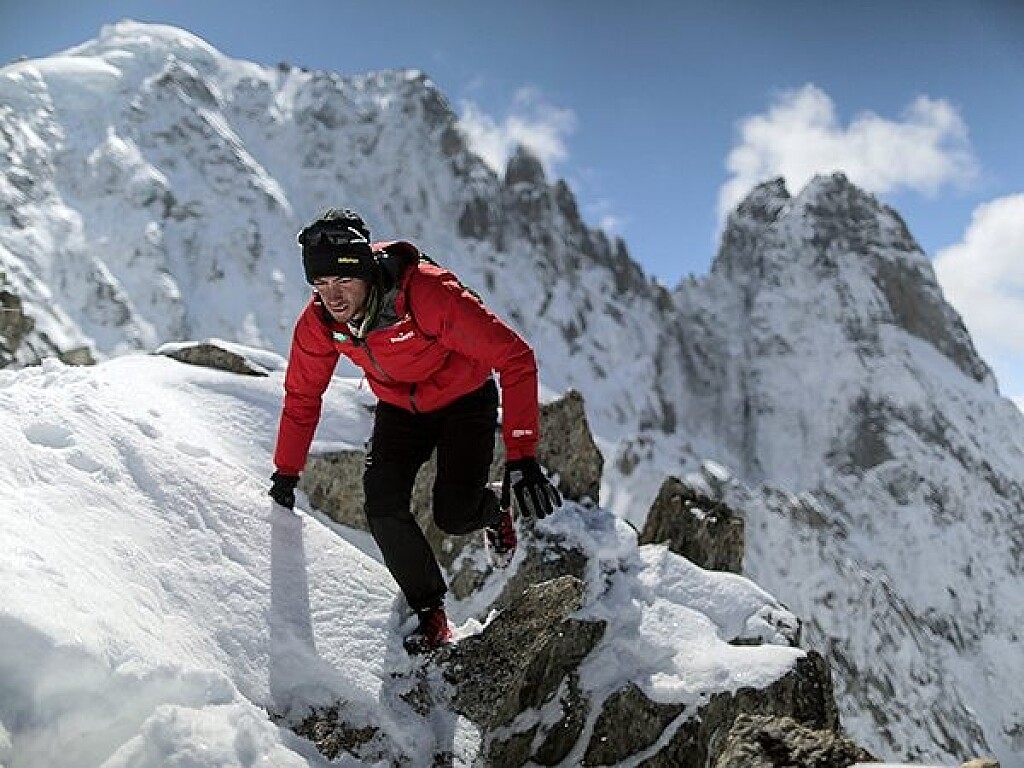Running News Daily
Running News Daily is edited by Bob Anderson. Send your news items to bob@mybestruns.com Advertising opportunities available. Train the Kenyan Way at KATA Kenya and Portugal owned and operated by Bob Anderson. Be sure to catch our movie A Long Run the movie KATA Running Camps and KATA Potato Farms - 31 now open in Kenya! https://kata.ke/
Index to Daily Posts · Sign Up For Updates · Run The World Feed
Kilian Jornet’s 4 secrets to winter training
For iconic trail runner and mountaineer Kilian Jornet, the colder months aren’t a pause in training but rather call for a strategic shift that all runners can learn from.
Nestled in the Romsdalen mountains of Norway, Jornet’s off-season training offers a masterclass in balance, recovery, and preparation for the upcoming challenges of spring and summer racing. In a recent blog post with COROS, Jornet shared his off-season regime, and how you can apply it to your training.

1.- Diversify your training arsenal
Jornet’s usual running playground is snow-covered during winter, prompting a shift from high-mileage running to ski mountaineering and ice climbing. This diversification serves as a reset for both body and mind. While running is an impact activity that can cause some repetitive strain, winter activities like skiing offer endurance benefits without mechanical stress.

Embracing variety in your training will allow you to build and maintain a robust aerobic base, while minimizing the risk of injury. Trying new things this season, like a cross-country ski lesson, strapping on some snowshoes or spending some time on an indoor bike will have long-term benefits, and you may find a new sport you love.
2.- Focus on the downhill
For Jornet, downhill speed and strength are paramount for ultrarunning success. Instead of relying solely on running for quad strengthening, he incorporates downhill skiing during the winter. This deliberate strategy ensures that his legs are accustomed to intense eccentric loads without the constant impact on muscles and bones. The muscle memory cultivated during cross-training seamlessly integrates into running when the season shifts. Try a downhill workouts to get used to (down) hilly fun.
3.- Prevent injuries for the long-term
By embracing activities with different mechanical loads than running, Jornet not only aids short-term recovery but also secures long-term benefits. Jornet’s temporary departure from a running focus in the summer of 2023, due to injuries, emphasized the importance of cross-training. Make a strategic choice to switch it up so that you can run for as many years as you want.
4.- Enjoy a mental break
While the winter training regimen is robust, Jornet acknowledges the necessity of a mental break. The off-season becomes a time to recharge mentally, allowing a return to spring training with renewed confidence and positivity. Jornet emphasizes the value of a balanced mental state during the winter training grind and recognizes the importance of mood in adaptation. Focus on recovery days and practice fuelling well during the off-season. Try one of the recipes Jornet and his partner, Emelie Forsberg, love to make.
Jornet’s winter training philosophy isn’t just for elite athletes— it holds lessons for all who seek to balance intensity, recovery, and a focus on mental health and a connection with the changing seasons. His training regime can be used as inspiration for regular runners to explore the transformative power of a well-crafted off-season strategy.
by Keeley Milne
Login to leave a comment




